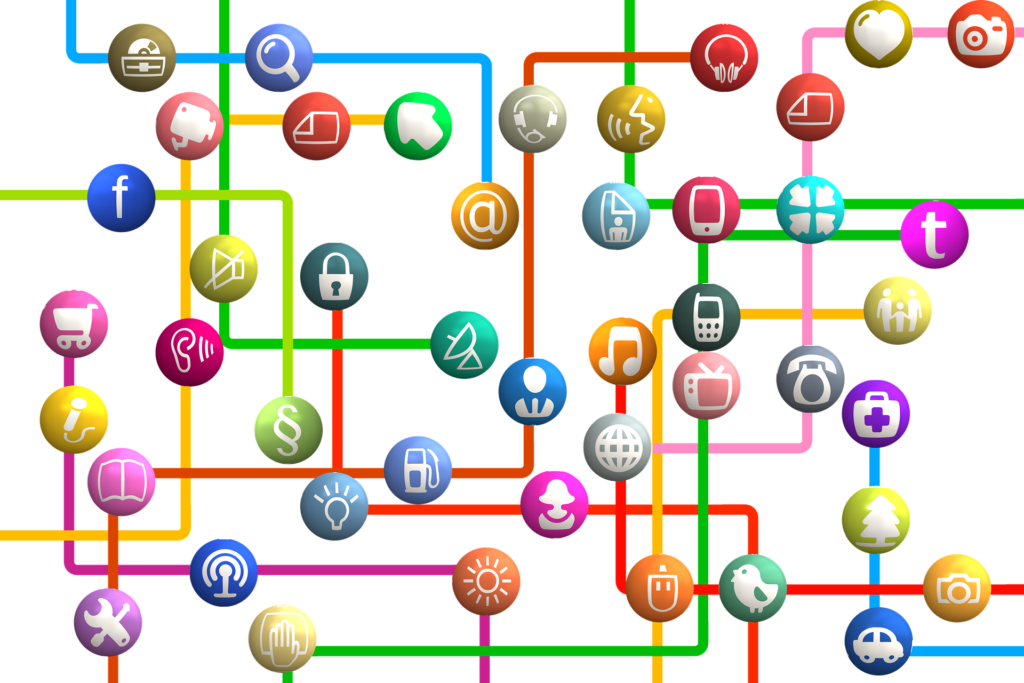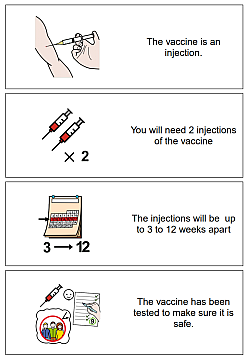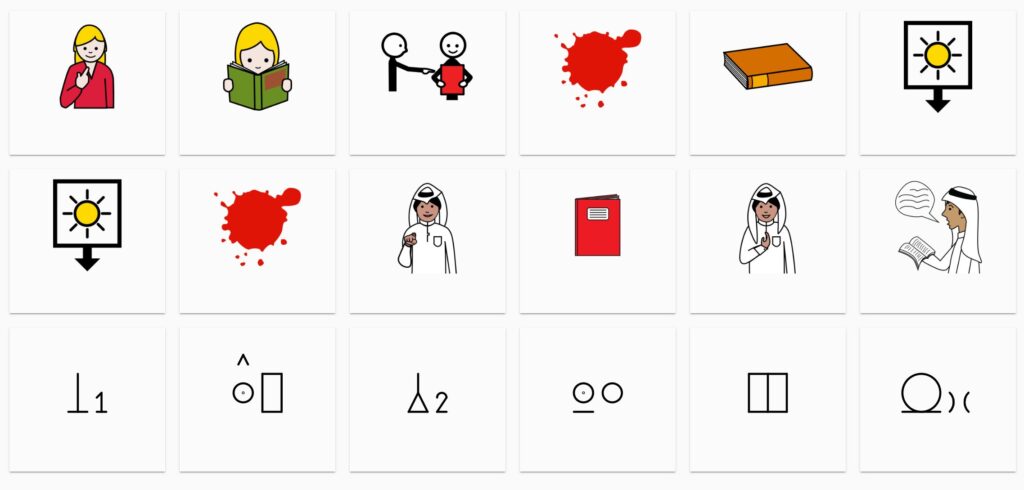The 13th ACM Web Science 2021 conference to be held on June 21st- June 25th will be hosting 12 interdisciplinary workshops addressing how Web Science research can illuminate key contemporary issues and global challenges.
We really would love it if you would like to submit your ideas and even a paper to our AI and Inclusion workshop or just come and join us virtually during the afternoon we are allotted (yet to be published!).
Accepted workshop papers will be published in the companion collection of the ACM WebSci’21 proceedings.
AI and Inclusion – Overcoming accessibility gaps on the Social Web
We are planning to make this workshop an interesting afternoon of presentations and a debate about how AI can help to achieve the goal of inclusion when thinking about the digital barriers that prevent people enjoying use of the social web.
Online interactivity and conversations should be accessible to all, all the more so during this period of isolation from face to face connections.
Important Dates:
Apr 23, 2021 — Workshop paper submission deadline
May 17, 2021 — Camera-ready deadline for the Proceedings
For more information, please see https://websci21.webscience.org/workshops



 Over the last year there has been an increasing amount of projects that have been using machine learning and image recognition to solve issues that cause accessibility barriers for web page users.
Over the last year there has been an increasing amount of projects that have been using machine learning and image recognition to solve issues that cause accessibility barriers for web page users.  The same can apply to online lectures provided for students working remotely. Live captioning from the videos are largely provided via automatic speech recognition. Once again a facilitator can be alerted to where errors are appearing in a live session, so that manual corrections can occur at speed and the quality of the output improved to provide not just more accurate captions over time, but also transcripts suitable for annotation.
The same can apply to online lectures provided for students working remotely. Live captioning from the videos are largely provided via automatic speech recognition. Once again a facilitator can be alerted to where errors are appearing in a live session, so that manual corrections can occur at speed and the quality of the output improved to provide not just more accurate captions over time, but also transcripts suitable for annotation. 